Weather is the day-to-day variation of the atmosphere’s condition locally. Climate is the variation of weather conditions over long periods of time, usually years.
To better understand the difference between weather and climate…
LET’S BREAK IT DOWN!
Weather is the day-to-day variation of the atmosphere’s condition locally.
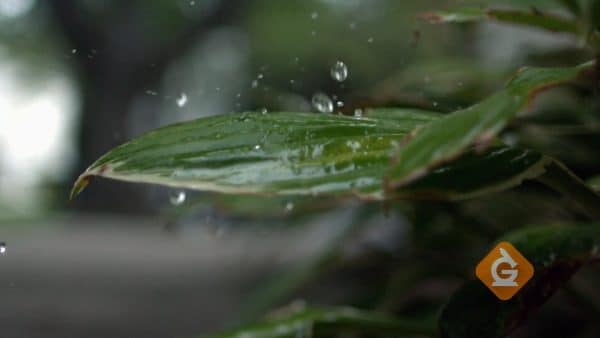
Weather can change quickly. TV weather reporters make daily predictions of weather conditions in your area. One day it can be sunny, the next day it is cloudy, and the next day it is rainy. The weather is constantly changing day-to-day. Just because it is summer, that doesn't mean that every day will be hot - the daily weather varies. To prepare for your day, most people check the weather report.
Scientists use instruments to measure and predict the weather.
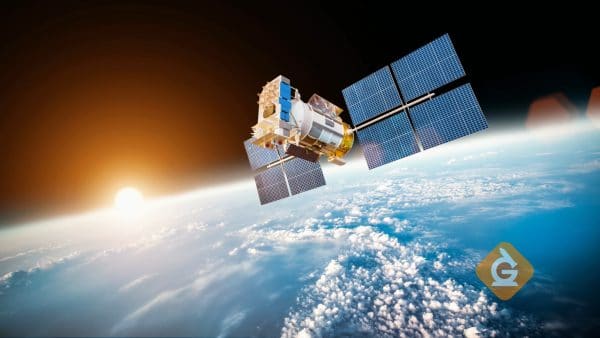
The scientific study of weather is called meteorology, and the people that study weather are called meteorologists.
Meteorologists use different instruments to gather information about the conditions in the atmosphere, such as a barometer, which measures air pressure. Air pressure changes when weather conditions change. Another weather instrument called an anemometer measures wind speed. A rain gauge collects and measures the amount of rain that has fallen.
Computers help scientists gather information from satellites that track weather patterns and this helps scientists make forecasts.
A team of meteorologists work together to interpret the data and make predictions. In order to make accurate predictions, they need to collect data over a large region.
Climate is the year-by-year variation of the atmosphere’s condition over a large area.
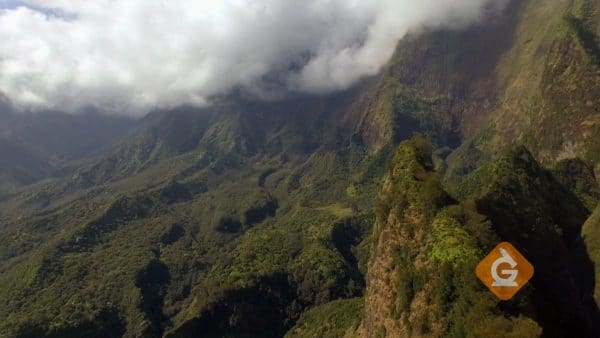
Knowing an area’s climate helps people plan which types of crops to plant, where to visit on vacation, and what kinds of clothes to buy.
The types of plants and animals that live in an area are also determined by its climate. Scientists use many of the same instruments to study climate as they use to study weather. The main difference is that climate is studied over a much longer period of time, usually years.
For example, we know from collecting weather data over many years that in the USA the months of July and August are usually the hottest -- it's summer! This means most days will be hot, but not every day ... the daily weather varies, but the climate is hot!
By studying the climate, scientists can know if something drastic is going wrong on Earth. One really hot day is probably just part of the natural variation of weather, but if lots of days are hot and this happens for years, that means the climate has changed, which could mean the Earth has changed dramatically in some way.
Different climates exist around the world.
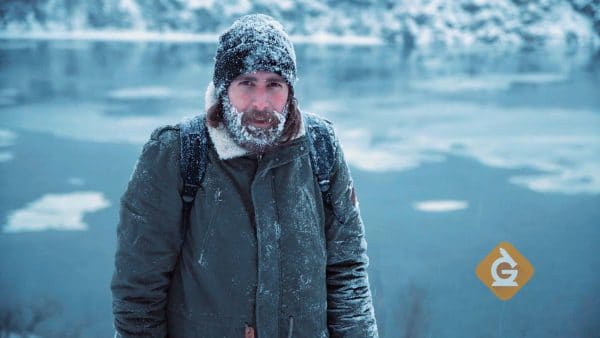
Our planet has a wonderful variety of different climates. Oymyakon, Russia is the coldest area inhabited on Earth, averaging -59°F during the winter months. The climate is very cold, but once in a while you could have a day that is much warmer than the rest - that would be weather.
The Atacama Desert in Chile has the driest climate in the world. It has only rained there four times in the last 37 years.
Commonwealth Bay in Antarctica is the windiest area on record, with an average wind speed of 50 mph (miles per hour). That’s like a continuous blizzard!
We can put climates into a few general categories. Tropical climates, located near the equator, are always warm. In subtropical climates, temperatures are warm. Polar climates are very cold with snow and ice covering the land.
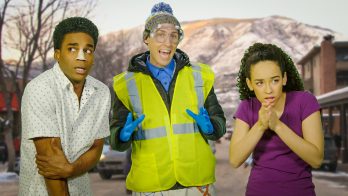





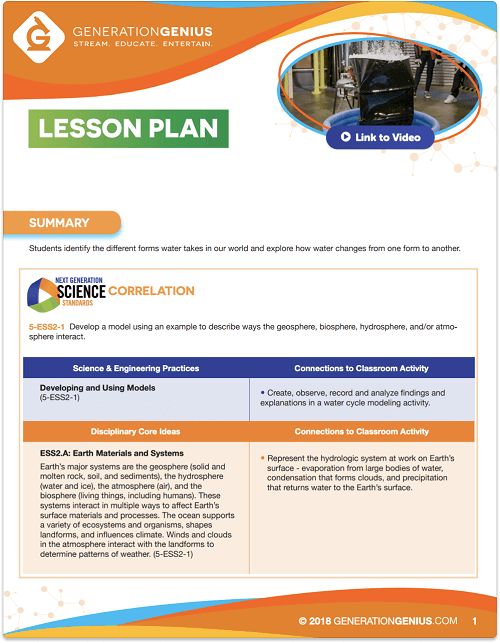

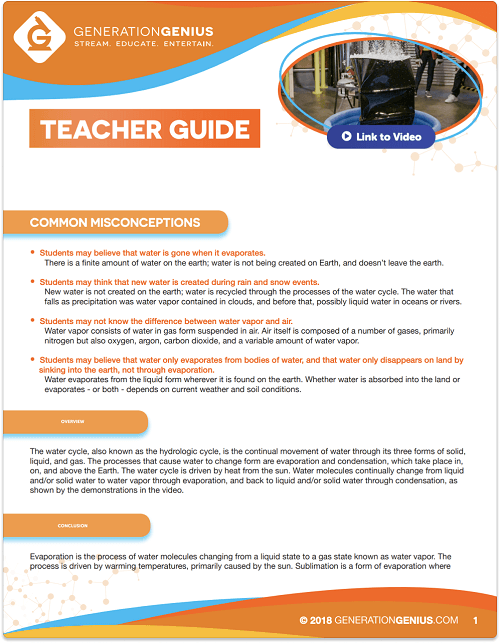
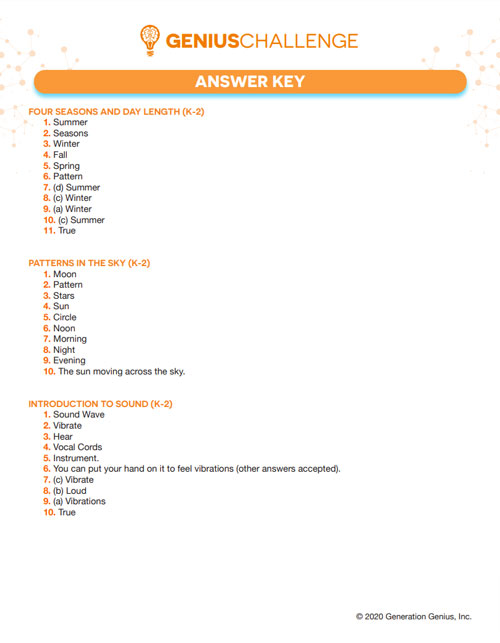























































































































 Select a Google Form
Select a Google Form












